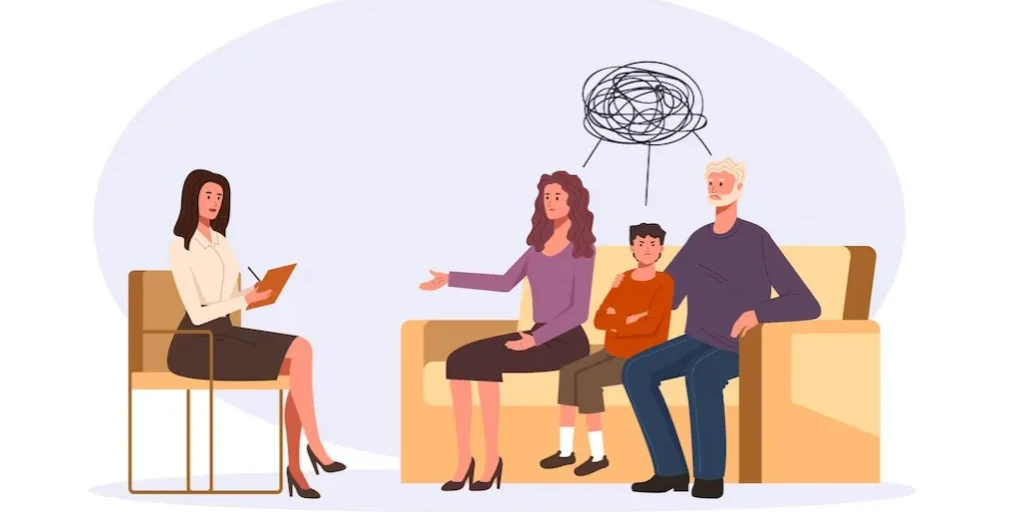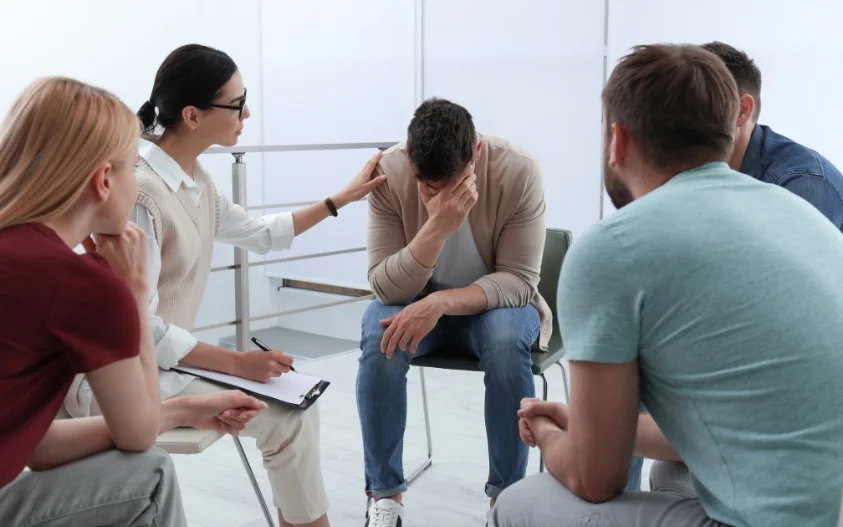24/7 Helpline:
(866) 899-111424/7 Helpline:
(866) 899-1114
Learn more about PTSD Rehab centers in Lapeer
PTSD Rehab in Other Cities

Other Insurance Options

Meritain

WellCare Health Plans

Evernorth

CareSource

BlueCross
Beacon

Medical Mutual of Ohio

Coventry Health Care

BHS | Behavioral Health Systems

MHNNet Behavioral Health

Self-pay options

Humana

MVP Healthcare

Magellan

Group Health Incorporated

Optum

Lucent

Health Net

Amerigroup

Absolute Total Care

Lapeer County – Touchstone
Lapeer County Community Mental Health and CMHSP is a public rehab located in Lapeer, MI. Lapeer Coun...

Alcohol Information and Counseling Center
Alcohol Information and Counseling Center is a public organization located in Lapeer, Michigan. Alco...

List Psychological Services
List Psychological Services is a private group practice specializing in behavioral health care; incl...







Concepts in Counseling
Concepts in Counseling is a private rehab located in Lapeer, Michigan. Concepts in Counseling specia...

Alcoholics For Christ – Faith Christian Church
Alcoholics For Christ - Faith Christian Church is located in Lapeer, Michigan. Alcoholics For Christ...



